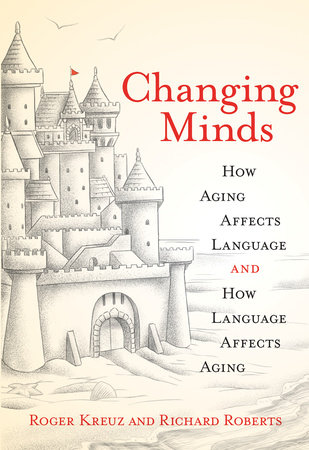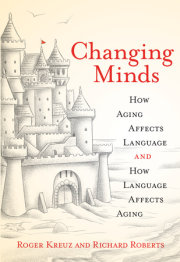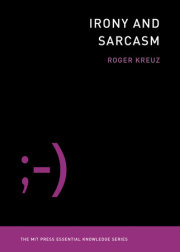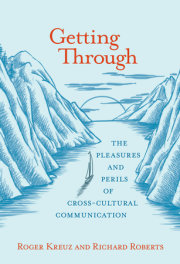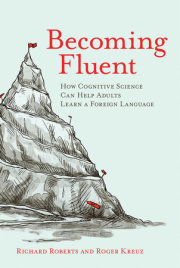Acknowledgments
Prologue: How Aging Affects Language . . . and How Language Affects Aging
Chapter 1: Setting the Stage
Language by Design
Comparing Apples to Oranges
Components of Cognition
The Compensation of Language
Chapter 2: The Language of Sight and Sound
Do You Hear What I See?
A Look at Hearing
Tinnitus
Voice Quality
Speaking of Vision
Presbyopia
Making Sense of Feelings
Chapter 3: The Story of Speech
Word Finding
Word Naming
Speech Disfluency
Stuttering
Aphasia
Dyslexia
Foreign Accent Syndrome
Chapter 4: Word Domination
Stressed Out
Spelling Ability
Vocabulary Size
Verbal Fluency
Grammatical Complexity
Off-Topic Verbosity
Telling Stories
Chapter 5: Using Language
Pragmatic Competence
Nonliteral Language
Can Spring Chickens Teach Old Dogs New Tricks?
Elderspeak
Living with More Than One Language
The Benefits of Bilingualism?
Chapter 6: The Write Stuff
Healing Through Language
Reminiscing
Late Bloomers
Writer's Block
The Destroyer of Minds
Lessons from the Nuns
Fiction is Stronger Than Truth
Epilogue
About the Authors
References

